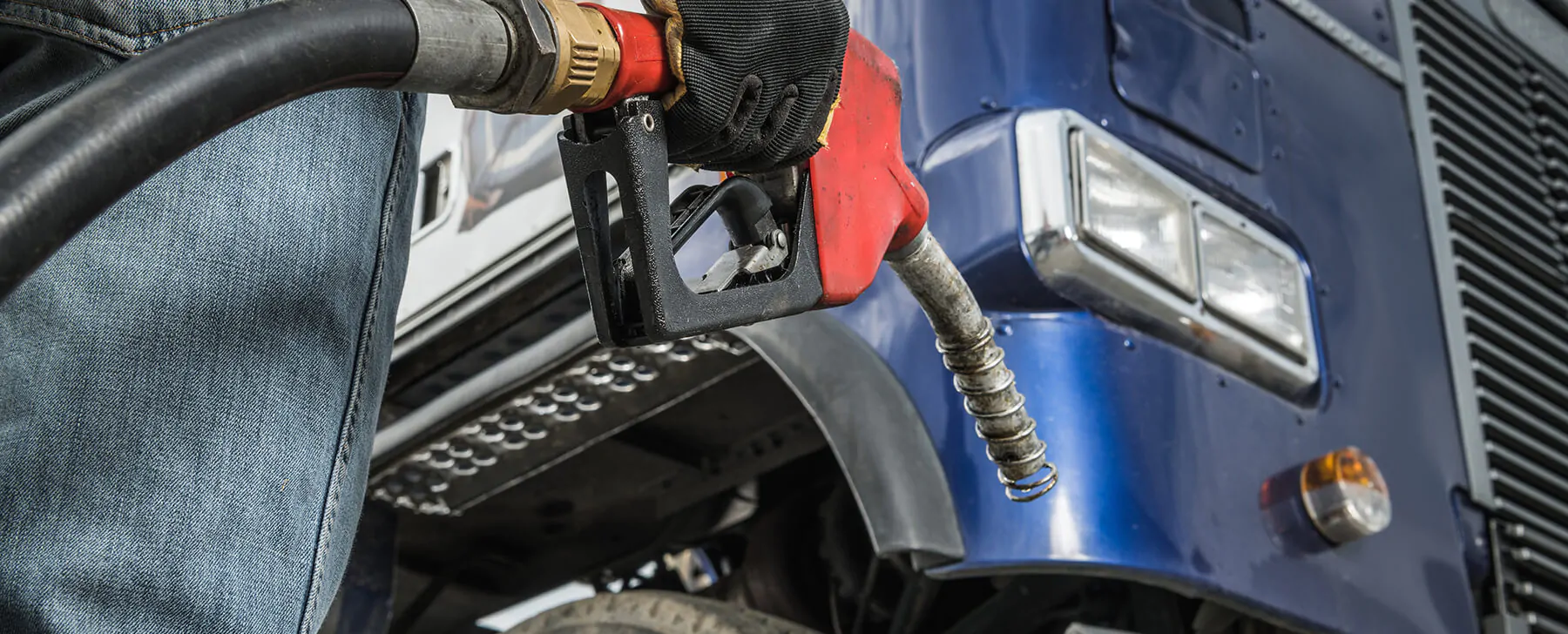10 Practical Fuel Efficiency Tips for UK Truck Drivers


Fuel Efficiency Tips for UK Truck Drivers
Fuel efficiency is a critical concern for truck drivers and fleet managers across the UK. With fluctuating fuel prices and increasing environmental regulations, adopting fuel-saving practices is more important than ever.
This guide offers practical tips to help you improve fuel economy, reduce operational costs, and contribute to a greener environment.
1. Maintain Optimal Tyre Pressure
Under-inflated tyres increase rolling resistance, leading to higher fuel consumption. Regularly check tyre pressures and ensure they match the manufacturer’s recommendations. Properly inflated tyres can improve fuel efficiency by up to 3% to 10%.
2. Reduce Excess Weight
Carrying unnecessary weight requires more energy and fuel. Remove non-essential items from the truck and avoid overloading. Every additional 100 kg can reduce fuel efficiency by approximately 1%.
3. Plan Efficient Routes
Utilise GPS and route planning tools to avoid traffic congestion, roadworks, and hilly terrains. Efficient routing minimises idling and stop-and-go driving, both of which increase fuel consumption.
4. Adopt Smooth Driving Techniques
Aggressive driving behaviours like rapid acceleration and hard braking can significantly decrease fuel efficiency. Aim for smooth acceleration, maintain steady speeds, and anticipate traffic flow to reduce unnecessary braking.
5. Utilise Cruise Control
On motorways and open roads, cruise control helps maintain a constant speed, reducing fuel usage. However, avoid using it on hilly terrains where manual control may be more efficient.
6. Limit Engine Idling
Idling consumes fuel without moving the vehicle. If you’re stationary for more than a minute, it’s more fuel-efficient to turn off the engine. Reducing idling time can lead to substantial fuel savings over time.
7. Regular Vehicle Maintenance
Keep your truck in optimal condition with regular servicing. Clean air filters, timely oil changes, and well-maintained engines ensure better fuel combustion and efficiency. You can read our tips for fleet maintenance here.
8. Use Air Conditioning Judiciously
Air conditioning systems can increase fuel consumption. Use them sparingly and consider natural ventilation when appropriate. At lower speeds, open windows may be more efficient, but at higher speeds, they can increase aerodynamic drag.
9. Monitor Fuel Consumption
Keep track of your fuel usage to identify patterns and areas for improvement. Telematics systems can provide real-time data on driving behaviour and fuel efficiency, enabling informed decisions.
10. Invest in Driver Training
Participate in fuel-efficient driving courses to learn advanced techniques and stay updated on best practices. Training can lead to long-term fuel savings and improved driving habits.

Expert Advice from Our Team
“Implementing these fuel-saving strategies not only reduces operational costs but also contributes to environmental sustainability. Regular maintenance, mindful driving, and continuous learning are key to achieving optimal fuel efficiency.”
By adopting these practical tips, UK truck drivers and fleet managers can enhance fuel efficiency, lower expenses, and support eco-friendly transportation. Start implementing these strategies today for a more efficient and sustainable driving experience.